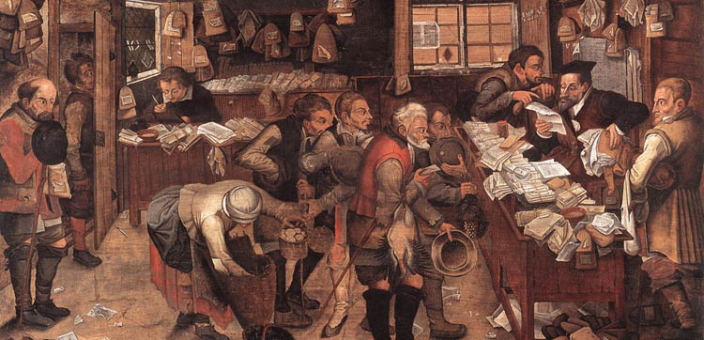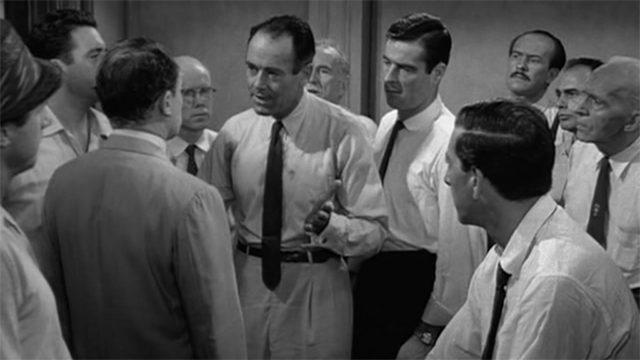As the December LSAT is slowly approaching, I thought I’d give you a break from my advice and suggestions, since I’m sure everyone is trying to get their two cents in. I thought I could write you a little story of the history of the profession you will soon enter.
The earliest people who could be described as “lawyers” were most likely the orators of ancient Athens. They faced certain struggles trying to organize into a real profession. They had to uphold the “legal fiction” that they were merely ordinary citizens generously helping out a friend in exchange for a fee.
The first people who could practice the legal profession openly and legally would have to be the orators of ancient Rome. Emperor Claudius legalized advocacy as a profession. He also placed a fee ceiling of 10,000 sesterces (an ancient Roman coin). These people were learned in rhetoric, not law. Soon after, however, a group of people did form that were specialists learned in the law, known as jurisconsults. Jurisconsults were wealthy amateurs who studied law as an intellectual hobby. The law was not their primary form of living. Roman judges and governors would often discuss with a panel of jurisconsults before rendering a decision.
By the beginning of the Byzantine Empire, the legal profession had become well established, and regulated. By the fourth century, Roman “lawyers” had to be enrolled on the bar of a court to argue before it. In 460, Emperor Leo imposed a new requirement that lawyers had to produce recommendations from their teachers. And by the sixth century a regular curriculum of legal study lasting somewhere around four years was required for admission to court.
The legal profession had a sharp decline until the Middle Ages where men began to study canon law as a lifelong profession. The legal profession’s return was marked by the renewed efforts of church and state to regulate it. In 1275 a law was enacted that laid out a punishment for professional lawyers guilty of deceit. As the years progressed more and more regulations were placed on the admissions process to the court and how lawyers must conduct themselves.
So you see, my LSAT padawons, this profession you have chosen has a rich history that dates back to ancient Greece and Rome. Soon you will be studying law each and every hour of your life with your peers. You think LSAT prep is tedious? Cherish this time, my friends. For the next three years your nose will be stuck in heavy leather-bound books as you sit in library carrels in the thick silence of the late evening. You will think fondly of this time when you were studying for the LSAT.
Happy studying!











